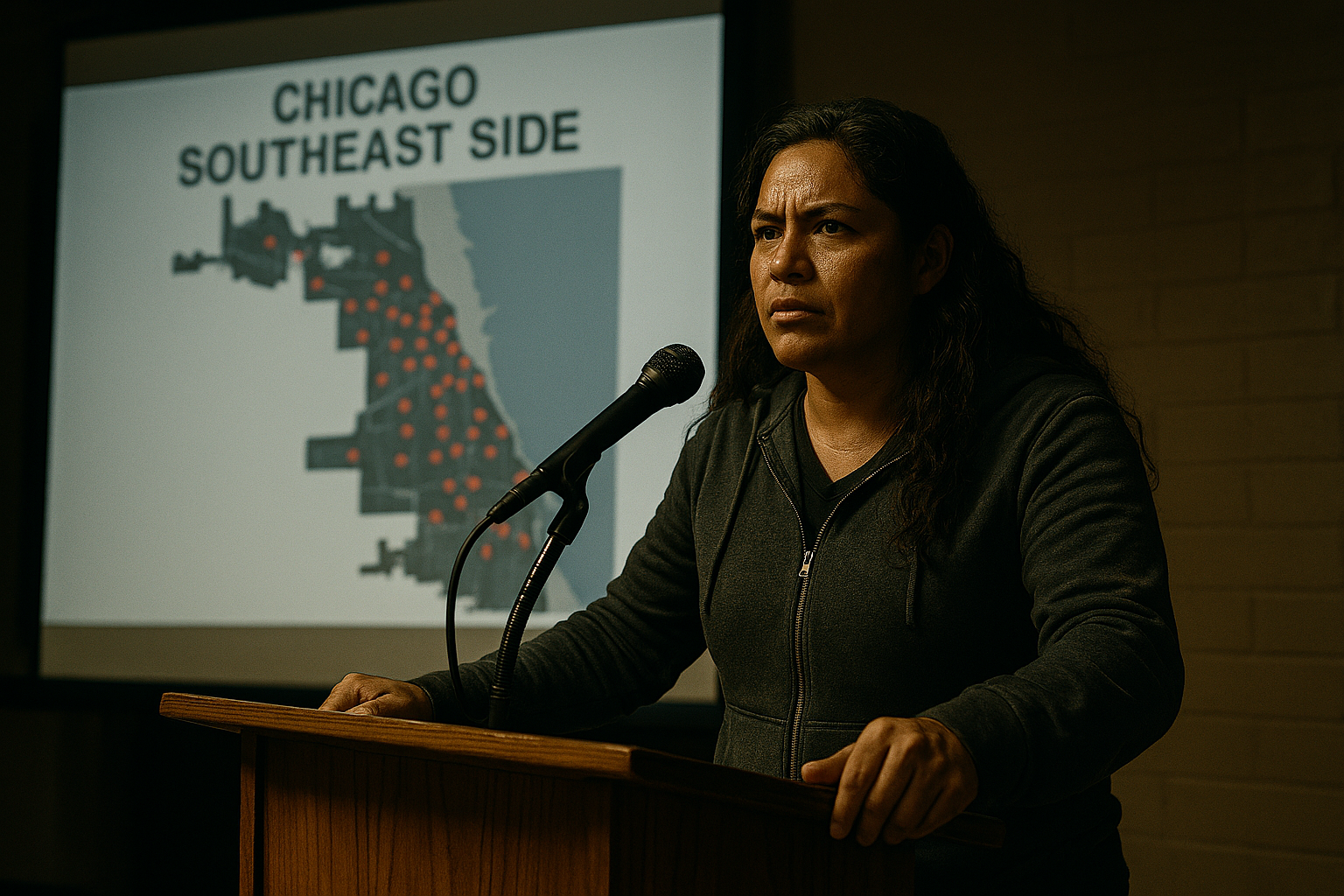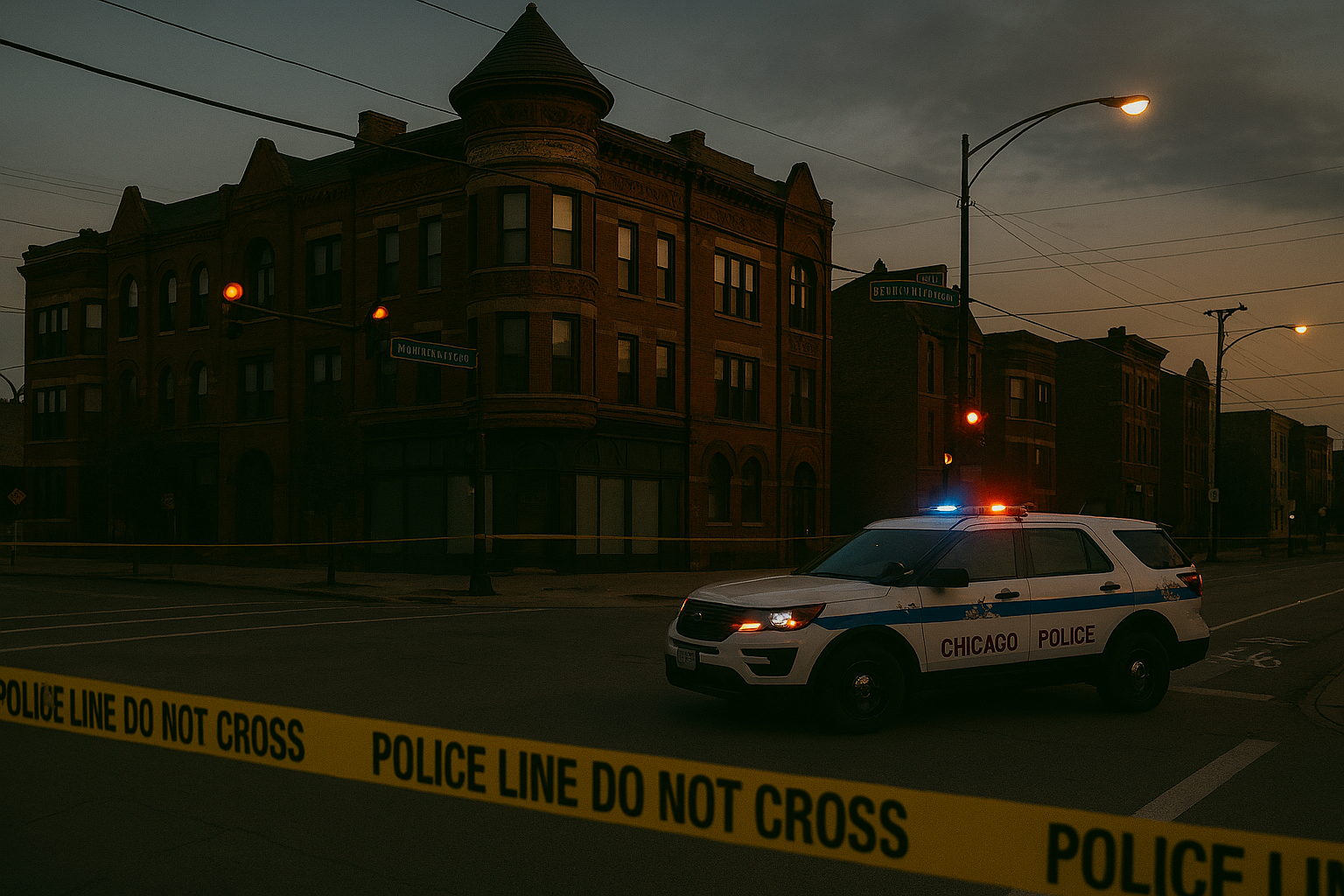Pritzker Signs Chicago Police Fire Pension Bill: $11B Cost to Taxpayers

On Friday, July 21, 2025, Governor JB Pritzker signed the Chicago police fire pension bill, a landmark measure that will provide higher pensions to Chicago police officers and firefighters. However, this pension reform 2025 comes with a hefty price tag—billions of dollars that Chicago taxpayers will ultimately bear. The legislation addresses benefit disparities between Chicago and downstate first responders while tackling the ongoing Chicago pension crisis. What does this mean for the city’s financial future, and why did lawmakers push through this costly measure?
The Final Stroke: Pritzker Signs Controversial Pension Bill
Governor Pritzker’s signature on the Chicago police fire pension bill marks the culmination of months of legislative debate. The measure sailed through the General Assembly without opposition in May 2025, despite warnings from budget watchdog groups about its astronomical costs.
“The legislation codifies adjustments the city of Chicago has been implementing over the years to tackle pension system challenges,” said Pritzker spokesperson Alex Gough. The governor emphasized his commitment to fiscal responsibility while expecting Chicago to implement changes with “careful planning and fiscal discipline.”
Chicago Fraternal Order of Police President John Catanzara praised the signing, calling it a promise fulfilled by the governor. He blamed past elected officials for creating the pension mess, not current first responders.
Staggering Financial Impact on Chicago Taxpayers
The city’s financial analysis reveals the true scope of this pension bill cost. According to Chicago’s financial office, the measure will:
- Increase pension liabilities by more than $11 billion across Police and Fire funds
- Drop funding levels of both funds to less than 18%
- Add an extra $60 million to the $1.5 billion pension tab in 2027
- Grow additional costs to more than $753 million by 2055
The Civic Federation, a prominent budget watchdog group, raised immediate concerns about these long-term costs. The city’s pension liability already topped $35.9 billion at the end of 2024, making Chicago’s retirement funds among the worst-funded in the country.
Three Key Benefit Boosts for First Responders
The Chicago pension reform provides three significant improvements for police officers and firefighters:
1. Higher Salary Cap for Benefits
The final salary cap used to determine pension benefits increases from $127,283 to $141,408.
2. Improved Inflation Adjustments
The annual increase rate changes from half the inflation rate (or 3%, whichever is lower) to the full inflation rate (or 3%, whichever is lower).
3. Flexible Salary Calculation Method
Police officers can now choose between two calculation methods:
- Current system: average of highest salary from 8 of the last 10 years
- New option: average from 4 of the last 5 years
Officers receive whichever calculation yields higher benefits. Firefighters already received this dual-method calculation in 2023.
Political Reactions and Future Challenges
Mayor Brandon Johnson’s office acknowledged the bill’s veto-proof majority while emphasizing the need for long-term solutions. The mayor’s team stressed finding “dedicated, progressive revenue” to stabilize pension funds and secure workers’ retirements.
However, Chicago Chief Financial Officer Jill Jaworski criticized the measure as an “unfunded mandate” imposed by state lawmakers. She noted that the bill doesn’t provide a permanent Tier II compliance solution and may require future fixes.
The legislation also leaves two other pension funds—Municipal and Laborer’s—without resolution. These funds face “more near-term risks of falling out of Safe Harbor compliance,” according to Jaworski.
Broader Context: Illinois Pension Crisis Continues
This Chicago police fire pension bill emerges from failed efforts to address the broader Tier II retirement benefits shortfall. These benefits apply to public employees hired after 2010 as part of legislation designed to ease massive pension debt.
Despite federal “safe harbor” law concerns, the Illinois legislature didn’t pass comprehensive Tier II reform this session. However, lawmakers did include a $75 million set-aside in the budget for expected state Tier II employee adjustments.
The pension issue highlights ongoing tensions between fiscal responsibility and fair compensation for public workers, particularly first responders who argue they deserve pension parity with downstate colleagues.
Conclusion
The signing of the Chicago police fire pension bill represents both progress and peril for the city. While it addresses legitimate concerns about benefit disparities and helps retain qualified first responders, the billions in additional costs will challenge Chicago’s already strained finances for decades. As Mayor Johnson noted, finding sustainable revenue sources becomes crucial for long-term pension stability. Share your thoughts on how Chicago should balance fair compensation with fiscal responsibility in the comments below.










